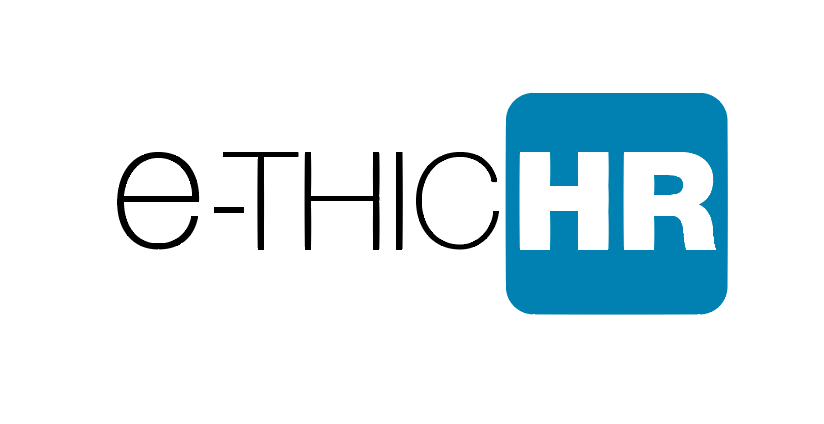By Nina Oswald, Managing Director of Interbrand’s Cologne office.
Highly qualified and motivated employees are a key, yet increasingly scarce resource in nearly all areas—from industrial to service-related sectors. Only the most attractive brands can draw and keep the best professionals and managers. Companies today are challenged by declines in loyalty, a growing willingness to change jobs, and increasing demands in the workplace.
For years, employees have not been content to take jobs simply for attractive salaries and benefits. A good working atmosphere, an extremely positive image of the employer, and an equal work-life balance are becoming increasingly important when choosing an employer. Indeed, over 20 percent of employees under the age of 30 say that they would prefer to have a lower-paying job with a brand that they believe in.
It’s no coincidence that companies with especially strong brands also top the rankings of the best employers. Automobile manufacturers like BMW, Daimler, and Audi as well as giants like Siemens and SAP top the list of the most sought-after employers. These are some of the companies that also appear in the annual Interbrand Best Global Brands report year after year. In other words, when choosing an employer, the brand plays a major role in the applicant’s decision. This is why it is all the more important for companies to clearly position their brands in the job market, creating brands that are truly unique, authentic, and relevant to their target audiences. A clear employer positioning sets the company apart from the competition and strengthens the overall image of the brand.
Employer branding: A definition
Employer branding refers to the conscious positioning of a company as a top-class employer. The main purpose of employer branding is to attract the right employees to the company.
But how can companies with strong brands communicate what they stand for as employers? And how can companies without strong consumer brands position themselves as attractive employers? Below are a few suggestions.
1. Define the role of the employer: Create an employer value proposition
In order to target potential and existing employees, it is essential to translate your brand positioning into an employer value proposition and interpret the values from the employer’s perspective. The statement communicates a shared basic understanding of the organization as an employer and addresses topics such as the working environment, teamwork, management style, and development. It provides the basis for aligning communication and offerings throughout the scope of employer branding.
There can only be one brand, and a clear brand positioning provides the central basis for creating an employer voice.
httpv://www.youtube.com/watch?v=g6WHAfWqX3s
2. Align communication and activities
Once a shared basic understanding has been defined, the implementation process becomes key. Recruiting ads or employer campaigns are simply not enough. It is essential to create a consistent overall image—from the positioning and communication, to the definition of processes, structures, and offerings. When it comes addressing potential employees, it is especially important to implement this proposition in relevant, credible ways in all communications, offerings, and programs, as well as your employer value proposition in corporate culture and behavior. Employees need to know, understand, and exemplify the employer’s brand promise. Overall, the continuous and consistent alignment of all communication and offerings through Human Resources is intrinsic to creating a sense of credibility.
3. Ensure that there is a healthy interplay between Human Resources and Marketing
People make brands. As an element of an integrated and continuous brand management strategy, a close working relationship between Human Resources and Marketing. Companies need to define platforms and forums that allow these departments to communicate regularly with each other to ensure that there is shared understanding of the brand throughout the organization.
4. Increase the value of your brand with a clear positioning in the job market
Employer branding not only boosts the image of the company, but also plays an important role in continuously increasing the value of the brand and its contribution to the company’s success. At the same time, employer branding underscores an organization’s commitment to its brand and supports the focus, involvement, and investments in brand development.

I’m still learning from you, but I’m making my way to the top as well. I absolutely liked reading all that is posted on your site.Keep the posts coming. I loved it!